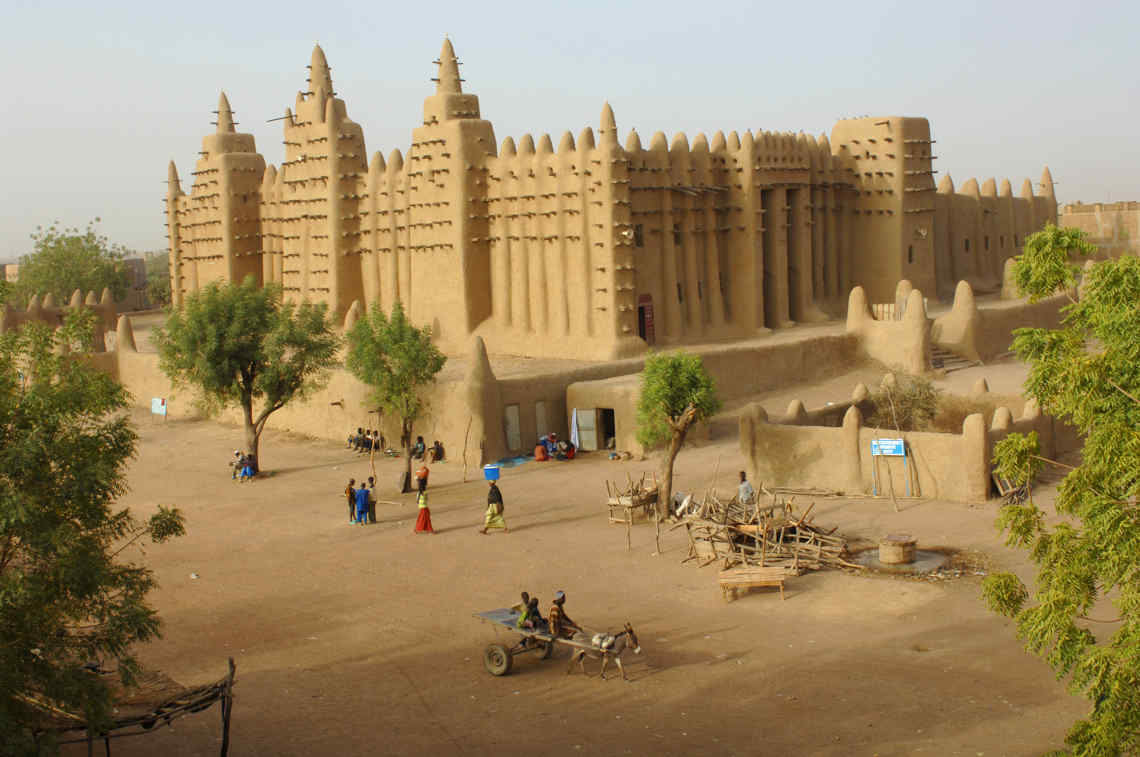Marktonderzoek in Mali

The West African Republic of Mali is the eighth-largest country in Africa. The official language of Mali is French. Besides French, other national languages are Arabic, English, Fulani, and Mandinka.
To the north of Mali is Algeria, and to the east is Niger and Burkina Faso. Côte d’Ivoire and Guinea are to the south, and west is Senegal and Mauritania. The official currency is the West African CFA franc.
Belangrijke industrieën
Mali produces a variety of crops for subsistence and commercial use. Farmers also do livestock rearing of cattle, sheep, and goats. Fishing is another contributor to the agricultural industry and the economy. Mali is prone to periods of drought, so the fishing sector is sometimes affected. But Mali is still one of the top fish producers in west Africa.
The mining industry explores minerals. It also produces natural resources such as gold, salt, kaolin, phosphate, and limestone. Additionally, gold and cotton are the main items exported from Mali. They account for over eighty percent of the country’s exports.
Buurten
Mali has several regions, each with its capital. For example, Bamako is the largest city and is the capital and administrative center of Mali, with governmental institutions, services, and buildings.
Sikasso is the second-largest city and is the capital of the Sikasso region. The climate in Sikasso is wetter than any other part of Mali, so agriculture thrives there.
Segou, known for its pottery, markets, and fishing industry, is the capital of the Segou region.
Kayes is the capital of the Kayes region, with an international airport and a regional train station. In addition, Kayes is rich in gold and iron.
Mopti is the capital and commercial center of the Mopti region. Mopti is also the most critical port in Mali.
Kalabancoro, Gao, Kati, and San are other notable cities in Mali. They make up the urban and suburban communities.
Trends
Mali faces political turmoil amid a pandemic. Even before then, Malians experienced a coup d’état that somewhat destabilized the economy back in 2012. Then, there was the recent overthrow of the government in 2020.
Still, the economy is thriving, mainly due to the country’s natural resources. Equally important, it has a robust agriculture sector. It also has heavy potential in the renewable energy sector.
Even amidst ongoing terrorist threats, the country is branching out. In fact, it has entered into business ventures and partnerships with the United States.
Voordelen en sterke punten van de markt
Mali is eligible for financial grants from the United States for the development of business in African countries. The country also welcomes foreign investment. It has initiatives such as the promotion of privatization of public enterprise. Mali also offers duty-free importation of capital equipment for priority industrial ventures.
Why you should grow your business in Mali
Mali has had years of political and economic unrest. In spite of that, the Government of Mali is doing its best to encourage foreign investment. Why? Because foreign investment is a means to achieve stability. So, it is adopting measures to simplify business creation and operating procedures. Mali has a wealth of untapped resources that the country is unable to exploit or develop at present. Foreign investment will enable it to unlock these resources. It will earn profits for the investor as well.
About market research in Mali
Doing business in Mali can be much easier with market research. Hence, we offer Focus Groups, Interviews, and Surveys. We also undertake Quantitative, Qualitative, and Strategy Research for the various African markets. Then we compile the findings to help you and your business to take off.


